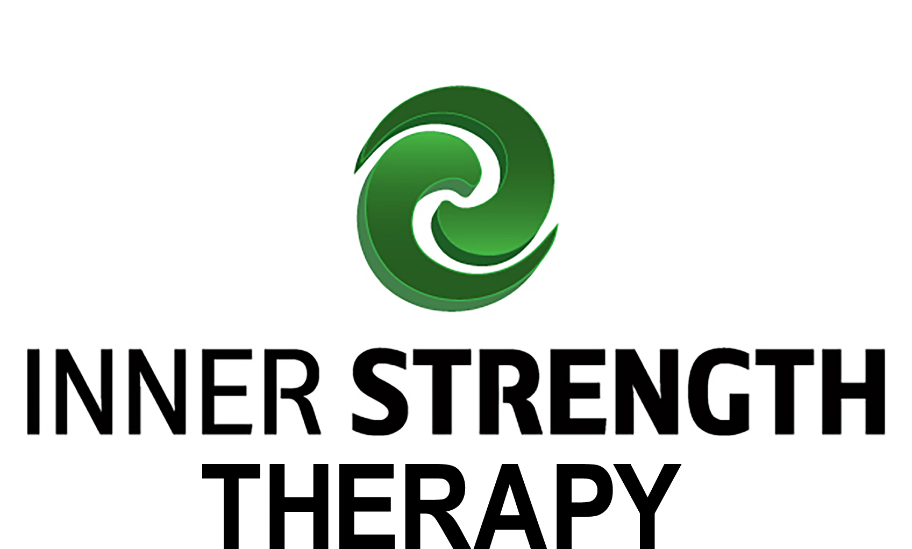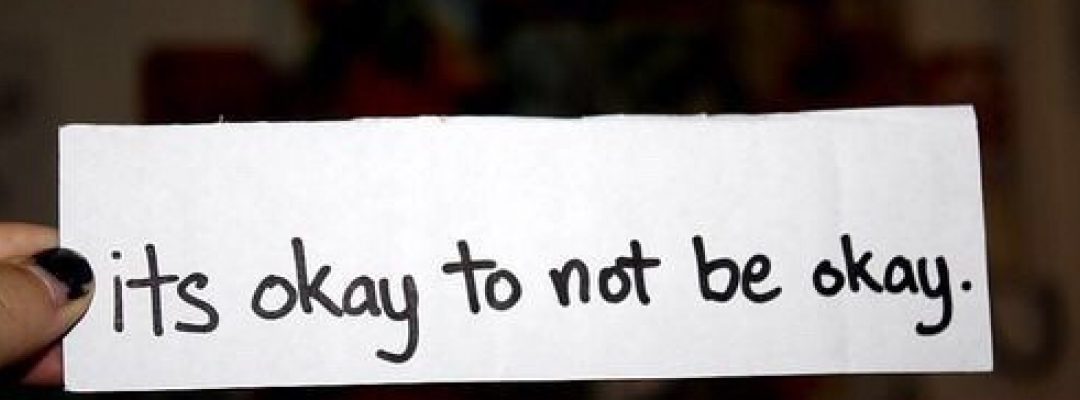Our last blog focused on asking a friend, family member or anyone you think needs a helping hand “Are you okay?” Well, what happens after that? The person might say “yeah, I’m okay” or they might fuel a conversation by giving you a bit more information, or they could even get upset. So what does one do if someone is not okay? Firstly, listen. Simply listen to what they are saying. By listening you are caring. Tell them “I’m sorry to hear that” and follow up with “Would you like to talk about it?” This offers comfort and an opening for them to express themselves further if they feel comfortable.
We live such busy lives that simple caring interest shows compassion and kindness which equates to a personal connection as opposed to a technologically-driven one. It can really make a difference. Don’t try and solve a person’s problem/s – give them a chance to voice their concerns and share their concerns without any perceived judgement. The best solutions are usually reached by the person themselves (Sane Australia). Make sure they have awareness and access around mental health hotlines and services. Many of them are 24 hour. We have put some links below.
If someone says “Yeah, I’m okay” but you are not convinced, let them know that you are available to talk if they need support. You can follow up with a text or email giving them the chance to connect if they wish. A conversation could change someone’s life and help turn things around for someone going through tough times. It’s always good to know that someone has your back. You never know what someone might be going through.
Tips for talking to someone having a rough time
- Listen (without interrupting)
- Be caring and present, authentic and kind
- Positive, open body language – facing the person but giving them space.
- Offer support but not advice. Be confident they have the tools to find a solution and keep checking in.
- Check they have access to professional support (links below)

